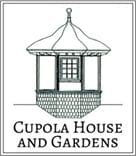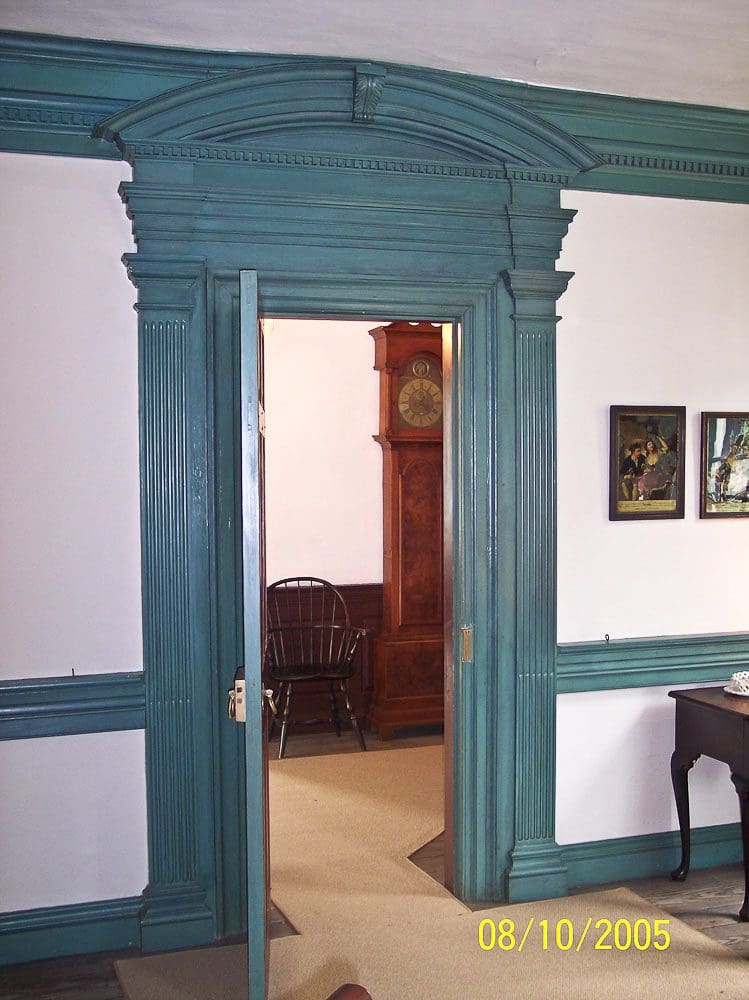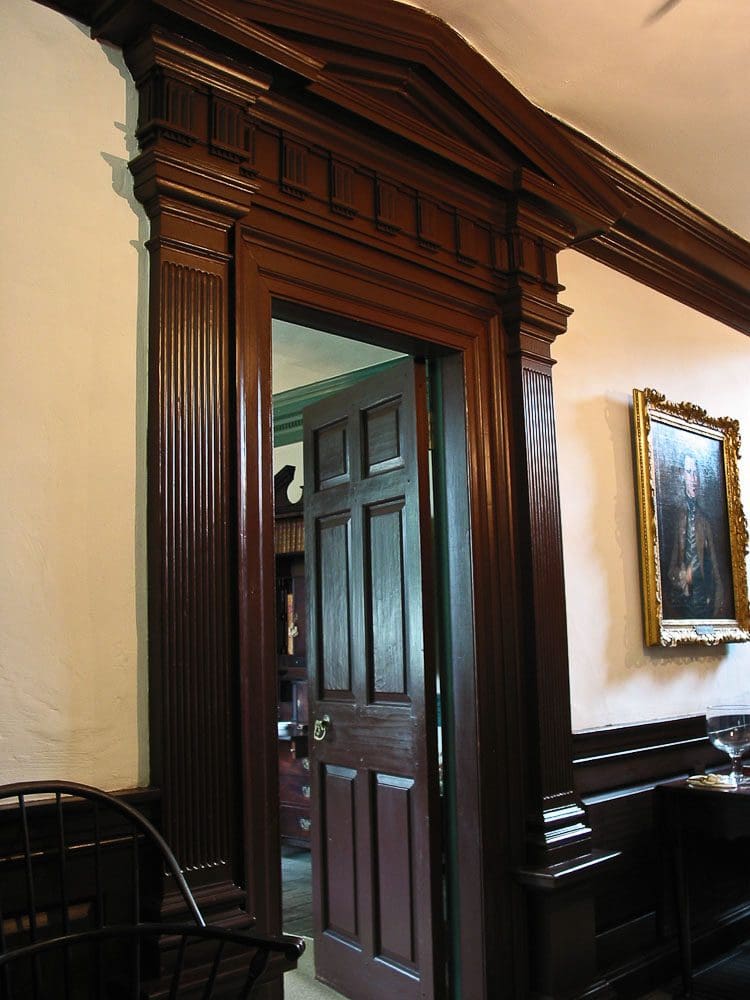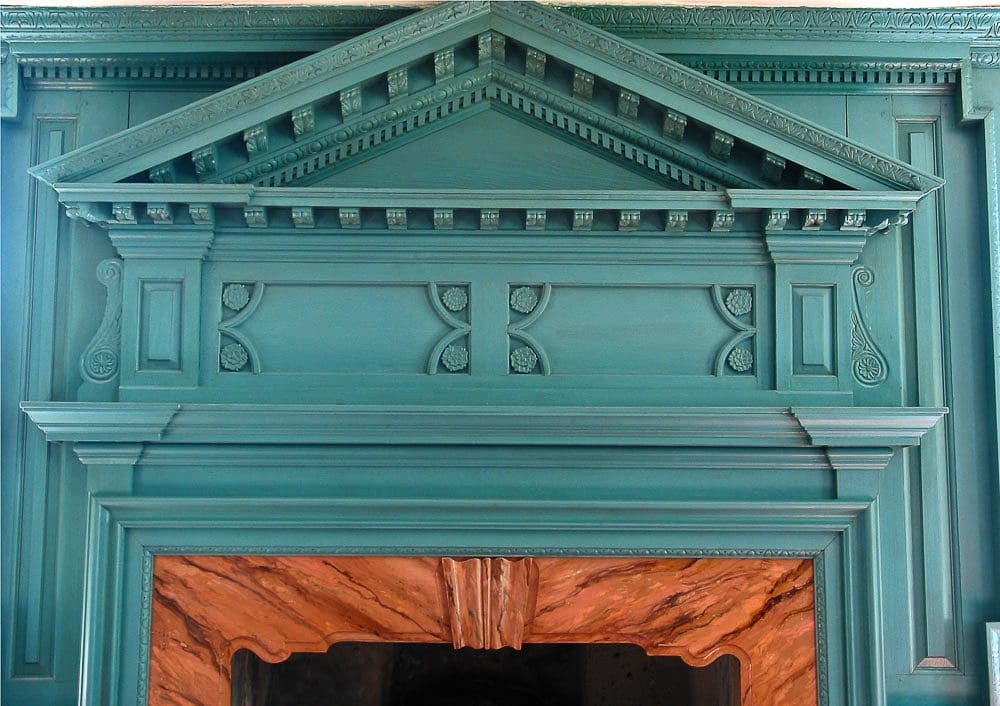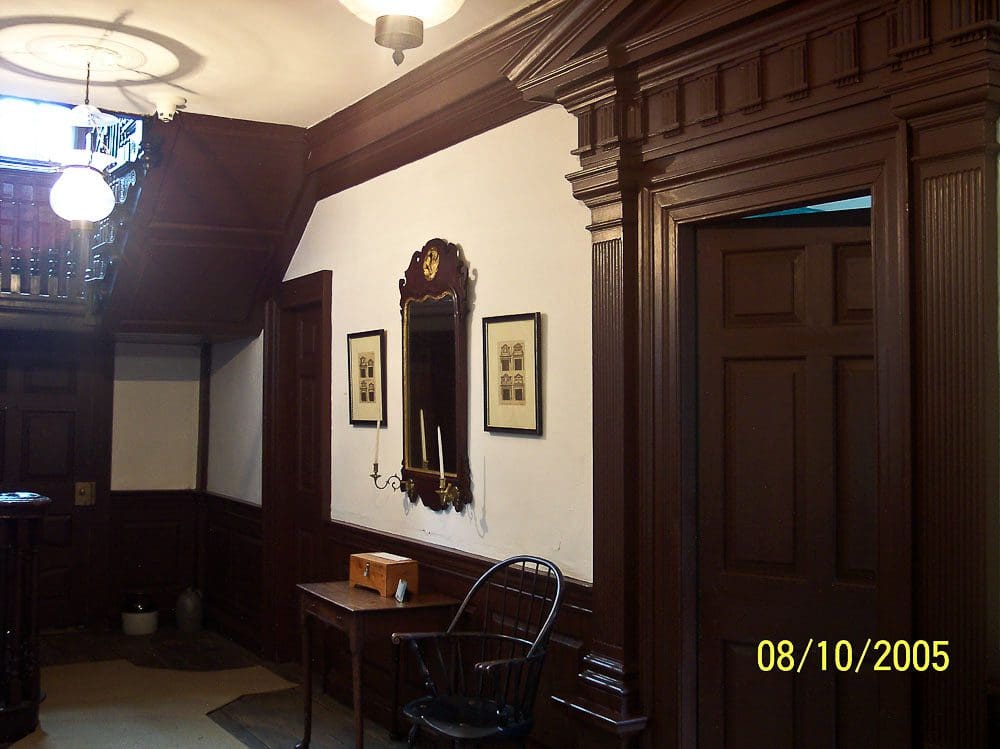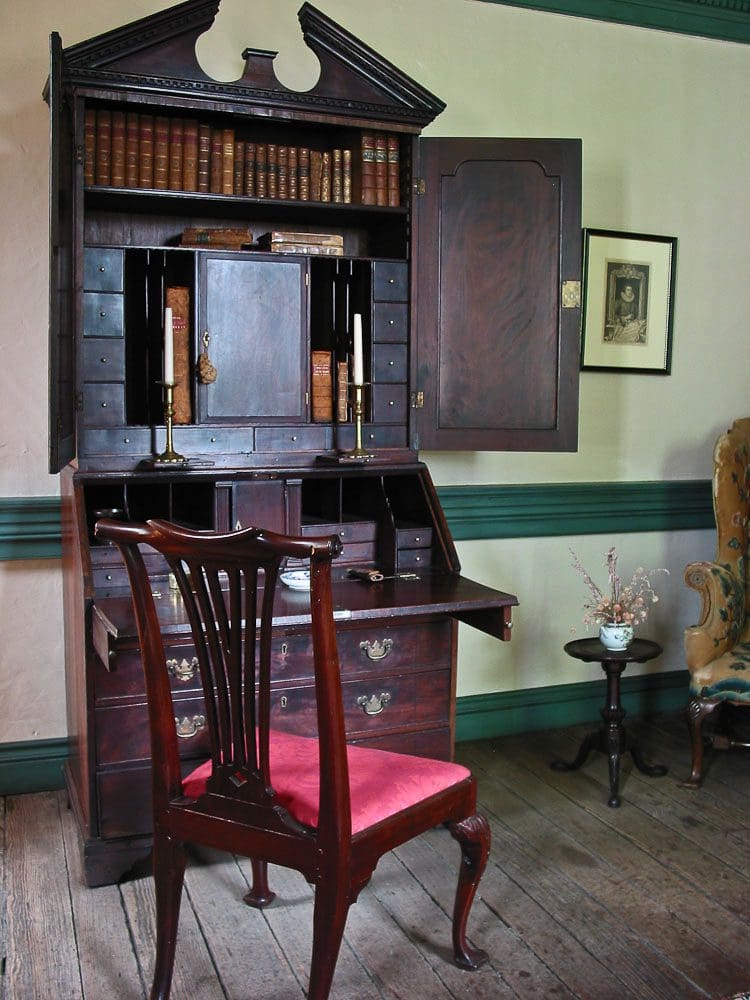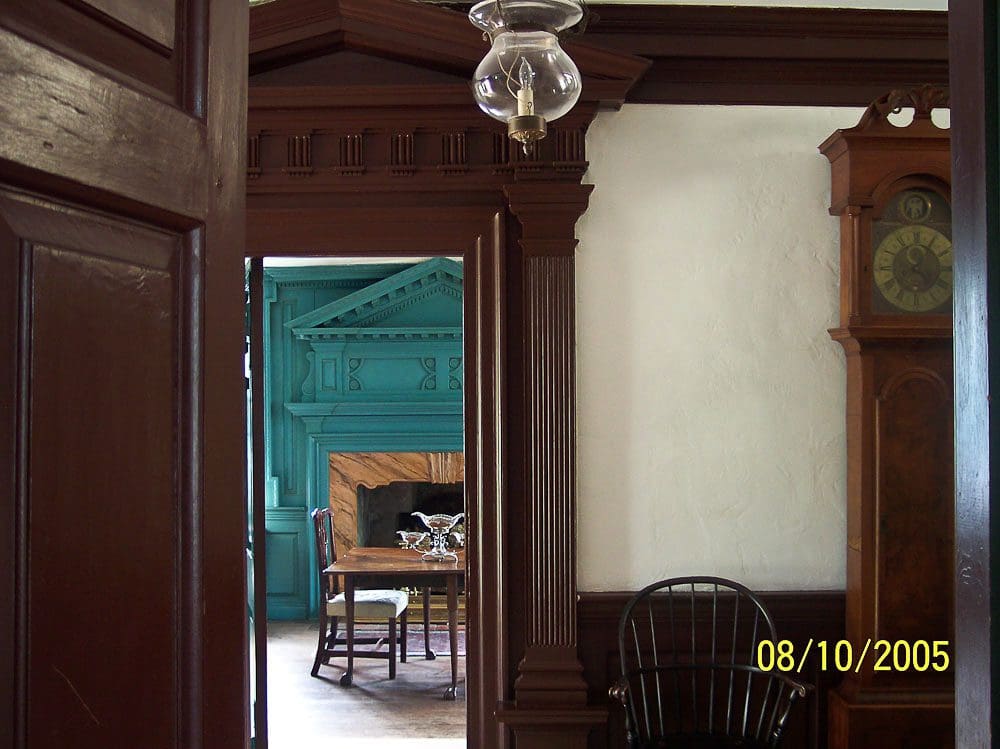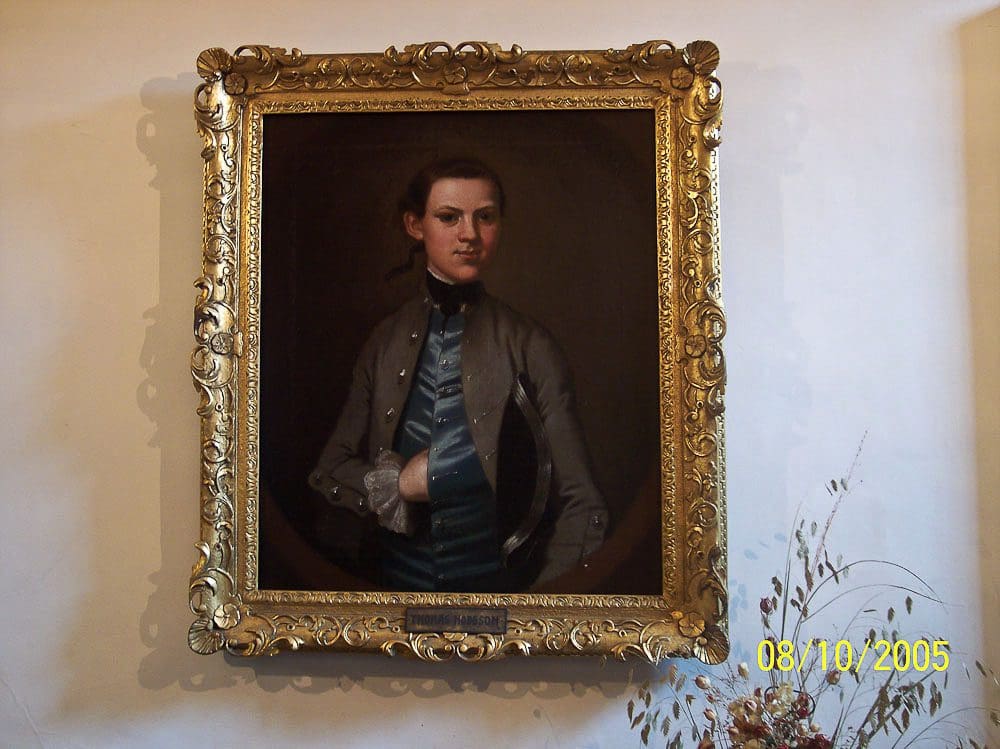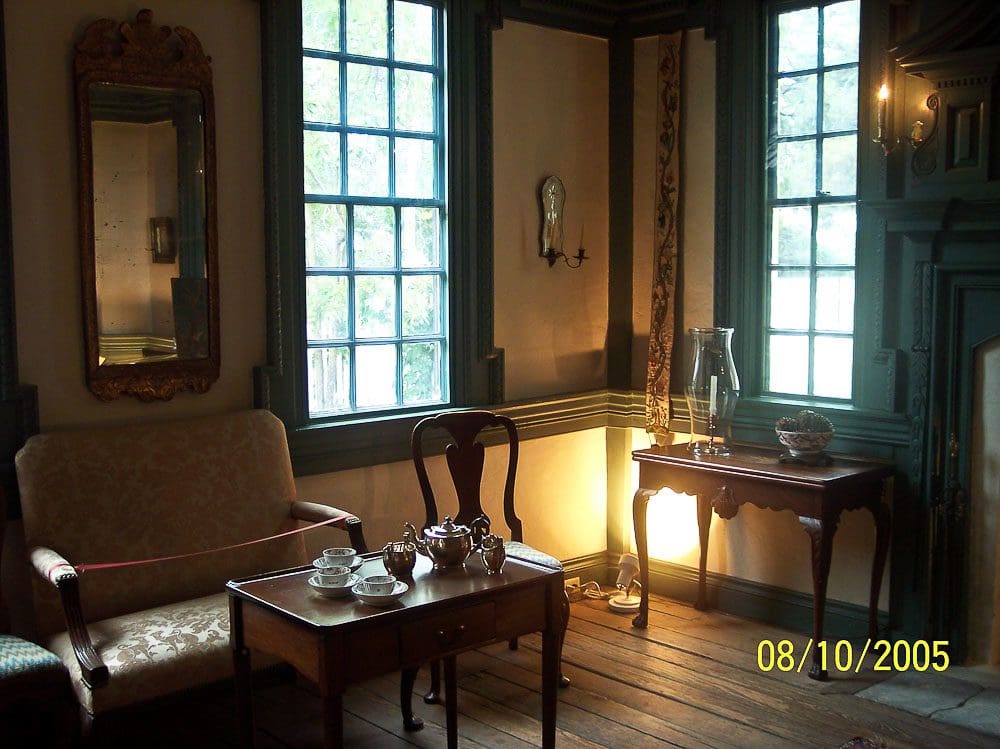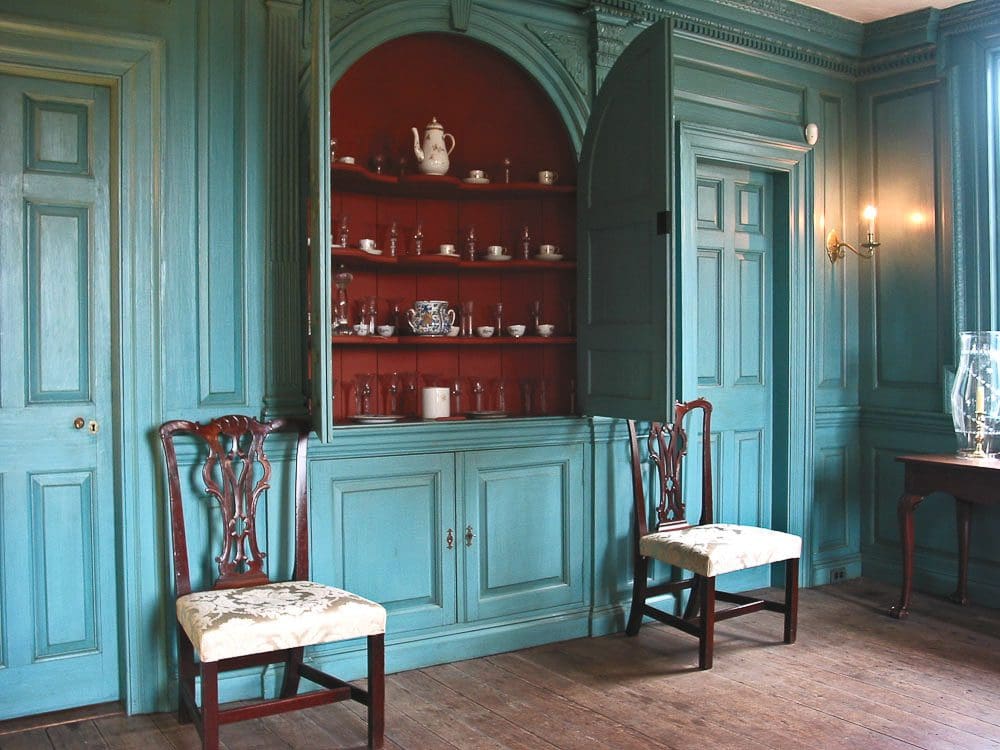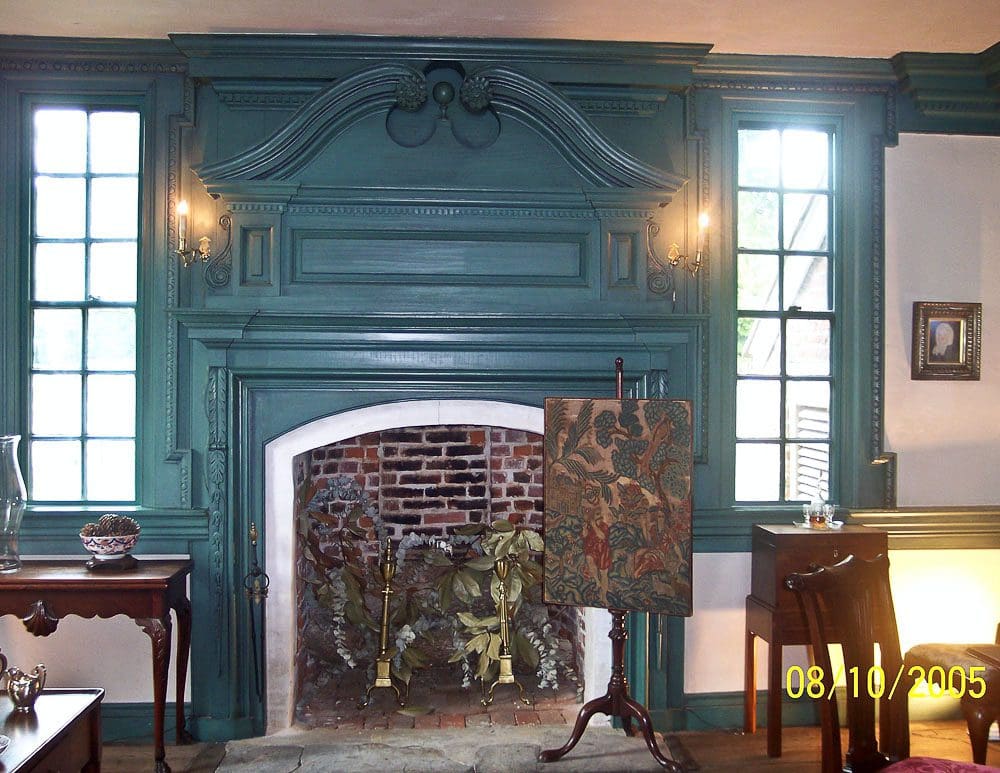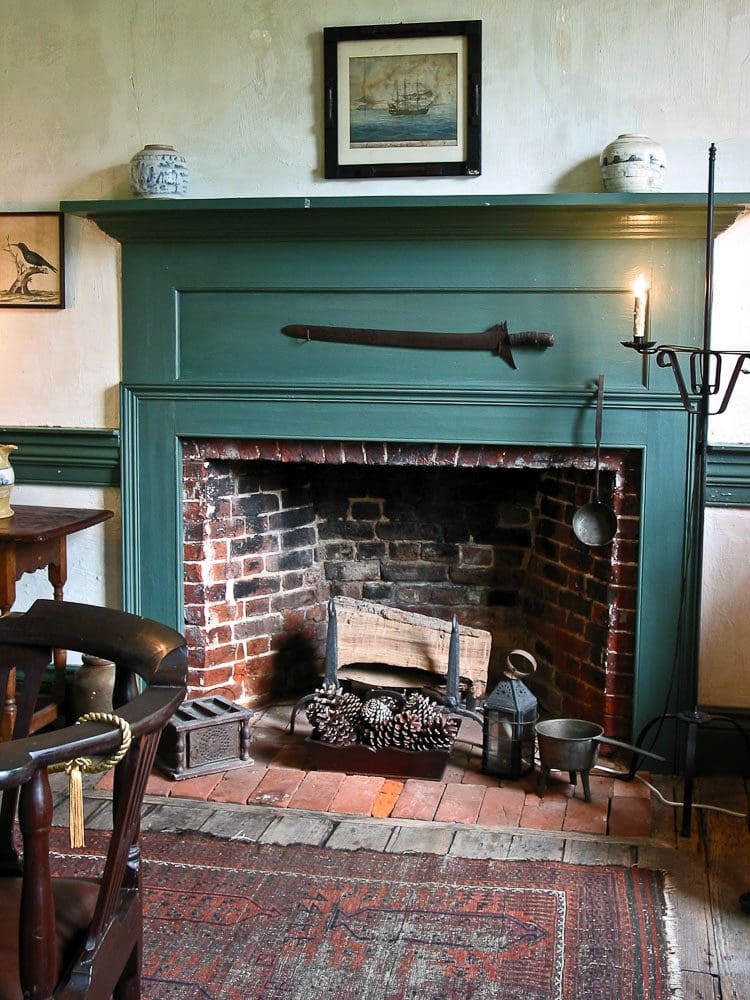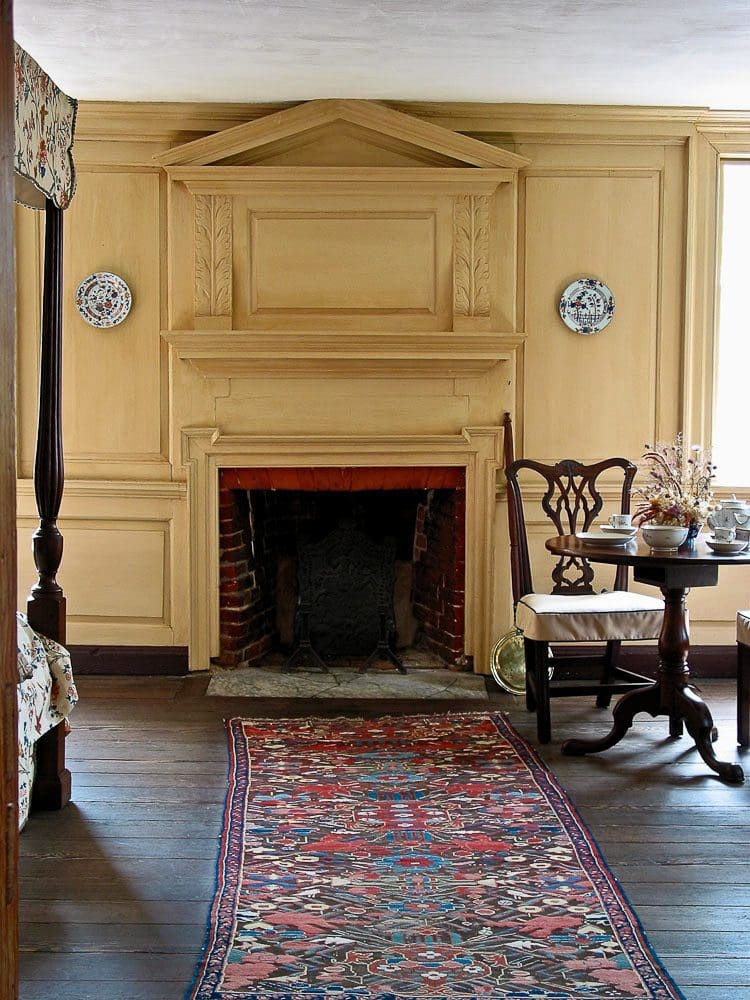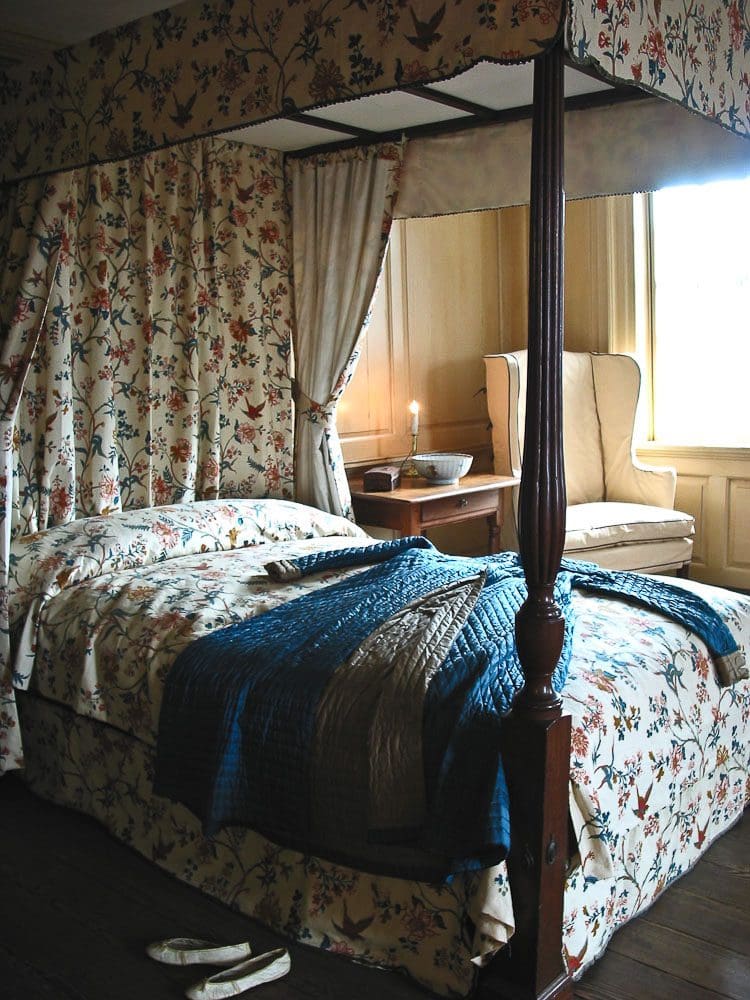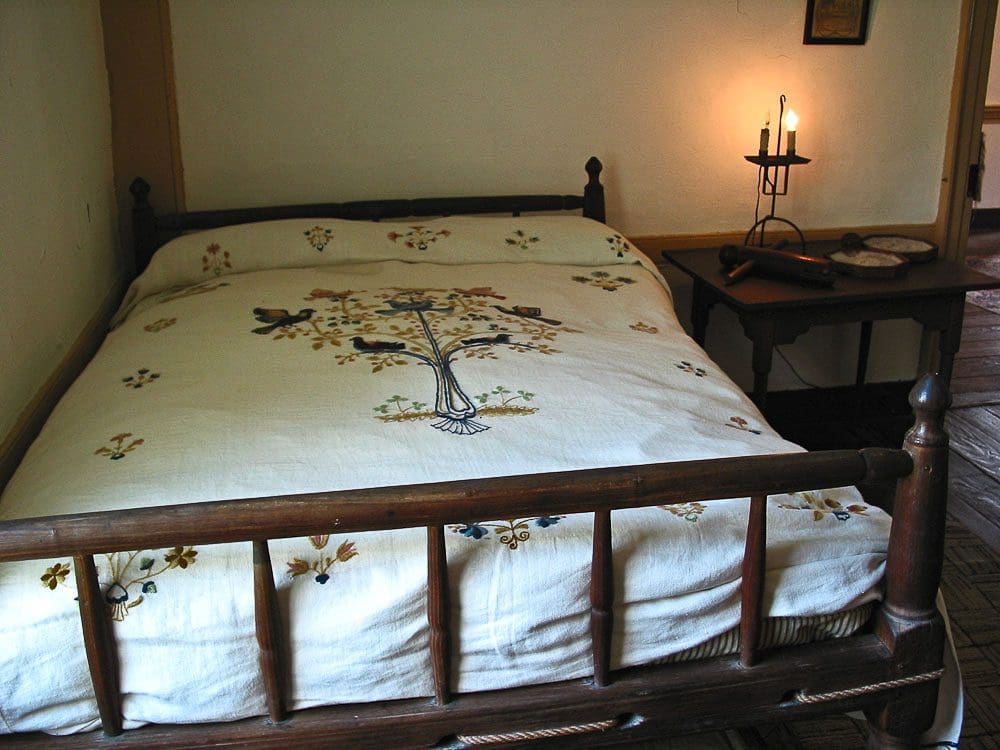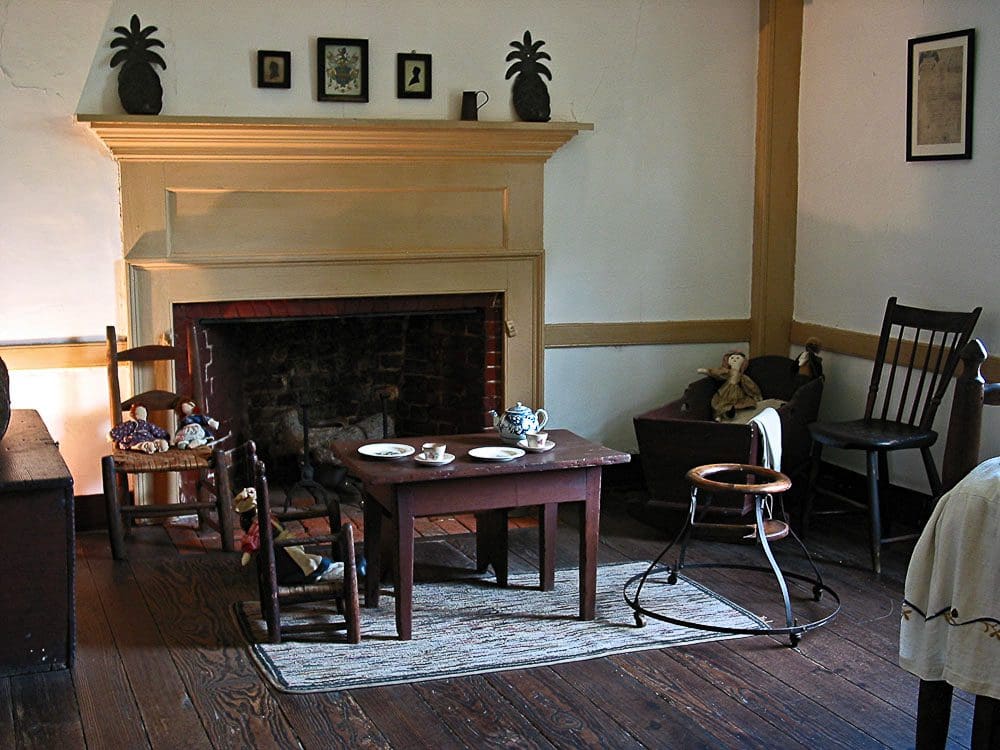Cupola House History
Built in 1758 by Francis Corbin, the Cupola House was commissioned by Robert Carteret, Earl of Granville, who was the only one of the original eight Lords' Proprietors who did not return his land to the King. It is renowned as a premier example of Jacobean architecture in the southern United States and is considered one of North Carolina’s most important early structures.
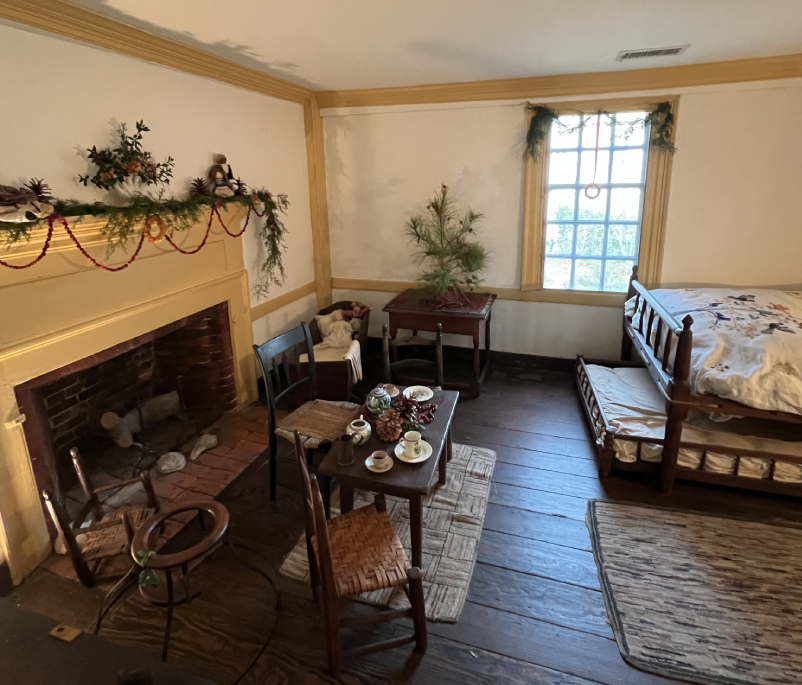
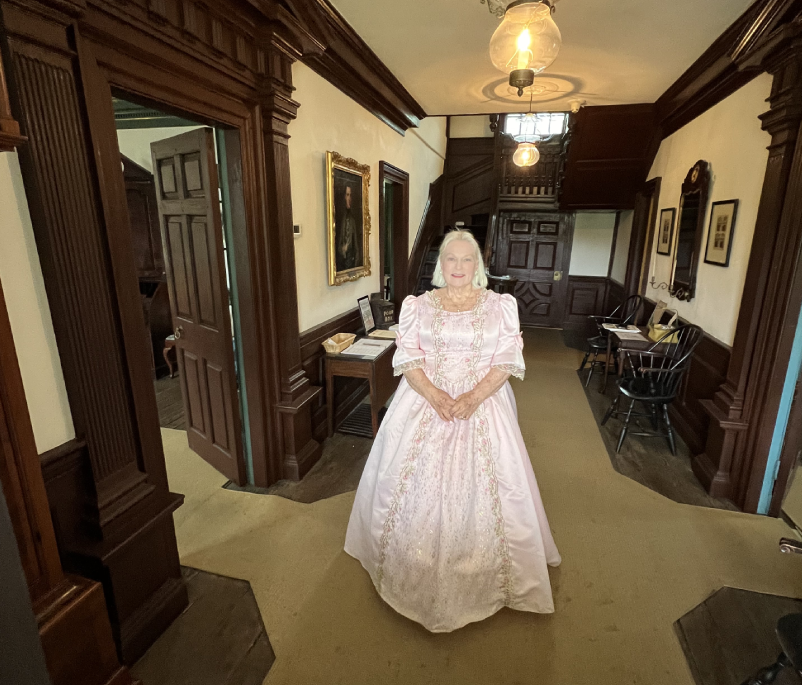
Ownership and Legacy
After Francis Corbin's death in 1767, the Cupola House was sold in 1777 to Dr. Samuel Dickinson, whose wife, Elizabeth Penelope Eelbeck Ormond, was a signatory of the Edenton Tea Party resolutions. The Dickinson family lived in the house for 141 years.
Preservation Efforts
In 1918, facing financial difficulties, Miss Tillie Bond sold the house's elaborate Georgian woodwork to an antiques dealer who, in turn, sold it to the Brooklyn Museum. There it was displayed as part of their Period Rooms for 106 years. This sale prompted the formation of the Cupola House Association, Inc., marking North Carolina’s first community-led preservation projects and becoming one of the earliest preservation success stories in American history.
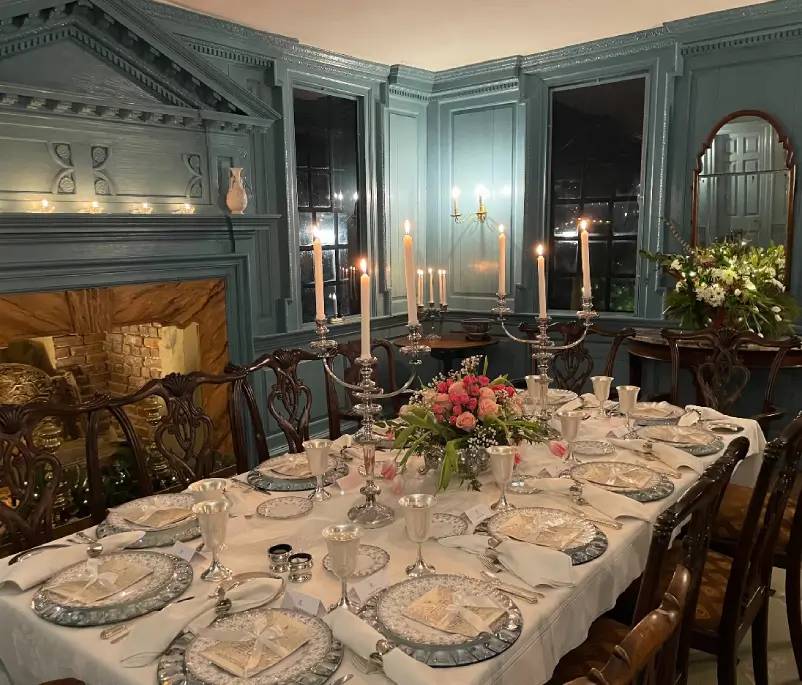
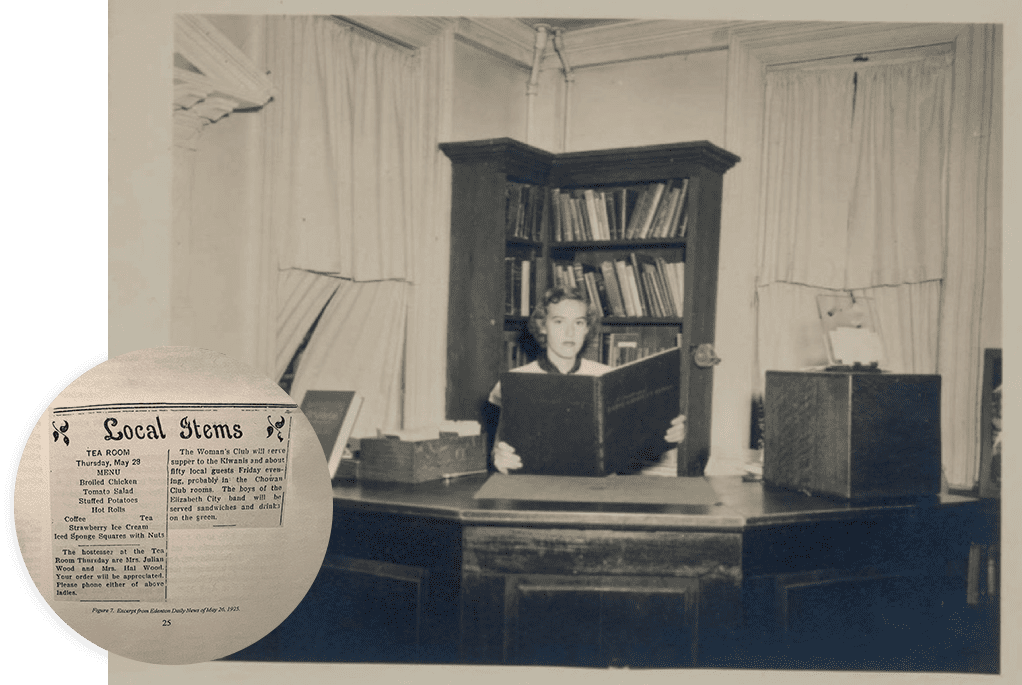
Historical Uses
After acquiring the property, the Cupola House served as a county library for 45 years, with a tearoom and museum also operating during this period. When the library moved next door in the early1960s, the Association recreated the missing woodwork and transformed the house into a museum, showcasing period furnishings.
Garden Restoration
In the 1970s, the Association expanded its property holdings and restored flower and herb gardens based on 18th-century designs, enhancing the house’s historical ambiance.
National Recognition
The Cupola House was designated a Registered National Historic Landmark in 1971 and continues to be managed by the Cupola House Association, Inc., preserving its historical significance and architectural heritage.
Cupola House Tour
Explore the treasures preserved within the Cupola House and its collection, acquired through purchases, gifts, and loans, and meticulously curated by the Association.
Period-Appropriate Furnishings
Each item in the collection is carefully evaluated for its historical accuracy, with a preference for North Carolina-made furniture. All pieces are documented in detailed records to ensure authenticity.
Architectural Highlights
The Cupola House is renowned for its exquisite woodwork, featuring ornate pediments, mantels, and moldings. This striking Georgian woodwork stands as a testament to the house’s historical grandeur and significance.
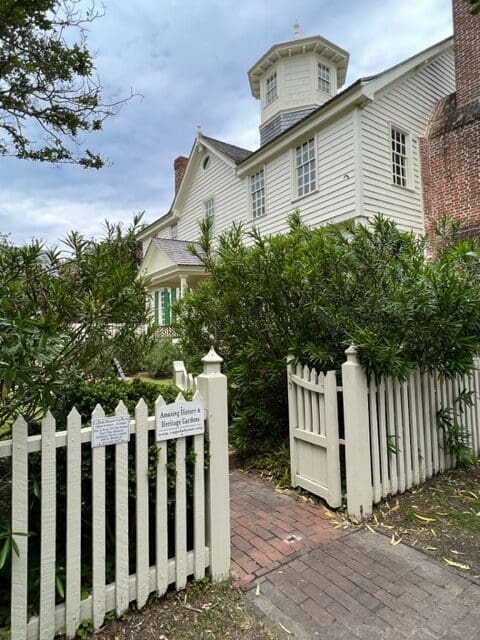
Touring the Cupola House
Immerse yourself in the beauty of the 1758 Cupola House, a National Historic Landmark with significant colonial-era history. It has transitioned from representing the power of the British Crown in the era of the Lords’ Proprietors to becoming one of the earliest historic preservation success stories in American history. See the dramatic details of the architectural details and hear the fascinating story of the house spanning its more than 250 years of history.
The Cupola House Tour is a 45-minute guided tour of the house interior led by a docent. Formed in 1918, the Cupola House Association, Inc. is a 501(c)(3) non-profit organization. Your ticket price helps to provide maintenance for the house and a means to keep the house open for public enjoyment and education.
Tour Days and Times coordinate with the Edenton Trolley Tours. They are sold on a first-come, first-served basis on tour days.
These tickets are purchased at the Penelope Barker House Welcome Center
Friday: 11:30 AM, 12:30 PM and 2:30 PM
Saturday: 11:30 AM, 12:30 PM and 2:30 PM
Sunday: 12:30 PM and 2:00 PM
Cupola House Tour Ticket Prices
Adult (age 16+): $12.50
Tour Groups of 10 or more: $10.00
Child (age 6-15): $5.00
Children (age 0-5): No charge
Ticket prices are tax-inclusive
You may enjoy the gardens on your own between 9:00 AM and 4:30 PM daily, free of charge.
The Cupola House is open during the year for special events such as the Annual Christmas Candlelight Tour, the Edenton Women's Club Pilgrimage Tour held every spring in odd numbered years, and of course, for our own “Easels in the Garden” event held every even numbered year in April.
